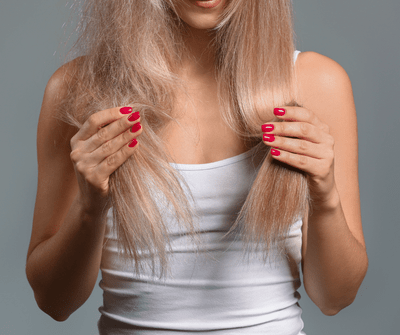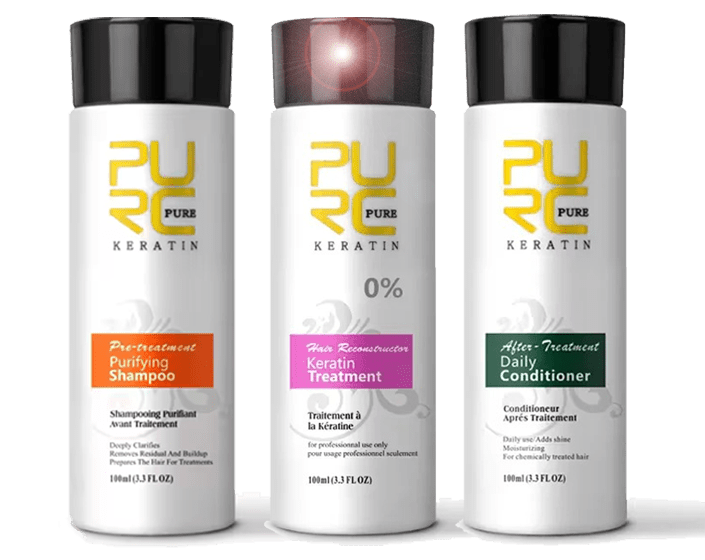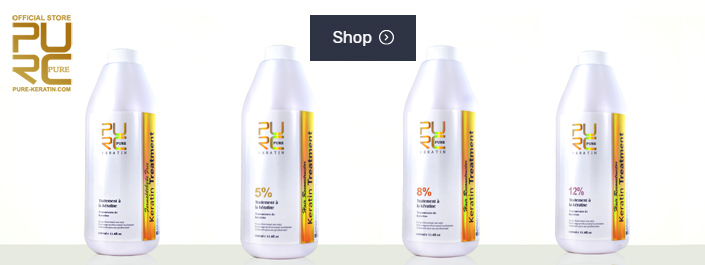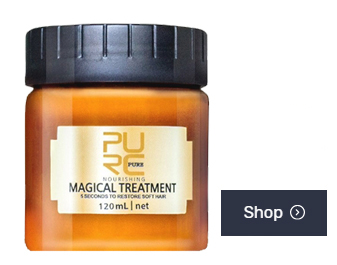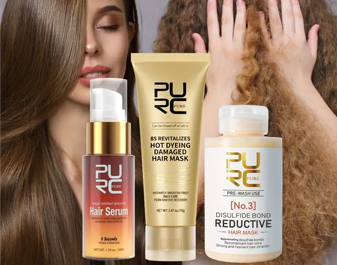What vitamin deficiency causes hair loss?
What vitamin deficiency causes hair loss? on 29th Aug 2025
What Vitamin Deficiency Causes Hair Loss?
Hair loss caused by vitamin deficiency is more common than you think. In this expert guide, we’ll reveal which vitamins are essential for healthy hair growth, how deficiencies cause shedding or thinning, and how to restore your hair’s strength naturally — with insights from Pure-Keratin.com, a leader in hair health for over 30 years.
Table of Contents
- 1. How Vitamin Deficiency Leads to Hair Loss
- 2. Key Vitamins That Prevent Hair Loss
- 3. How to Detect a Deficiency
- 4. Best Ways to Restore Hair Through Nutrition
- 5. Pure-Keratin’s Hair Boost Supplements
- 6. Frequently Asked Questions
1. How Vitamin Deficiency Leads to Hair Loss
Your hair follicles are incredibly sensitive to nutritional changes. Even mild deficiencies in essential vitamins can disrupt the natural hair growth cycle, causing hair to shift from the anagen (growth) phase to the telogen (resting/shedding) phase.
According to a 2020 study published in Dermatology and Therapy, micronutrient deficiencies, especially in vitamins D, B12, biotin, and iron, are significantly associated with diffuse hair loss in both men and women.
2. Key Vitamins That Prevent Hair Loss
1. Vitamin D
Low levels of vitamin D are linked to both alopecia areata and general thinning. This vitamin helps create new hair follicles and modulates immune response. Lack of sun exposure, darker skin tones, or gut absorption issues can lead to deficiency.
Signs of Deficiency:
- Frequent illness or infections
- Fatigue and bone pain
- Hair loss and slow regrowth
2. Biotin (Vitamin B7)
Biotin is essential for keratin production — the protein your hair is made of. A deficiency is rare but can occur with antibiotic use, pregnancy, or poor diet.
Signs of Deficiency:
- Hair breakage or shedding
- Brittle nails
- Dry skin or rashes
3. Vitamin B12
B12 plays a critical role in red blood cell formation and oxygen delivery to the scalp. Vegans and vegetarians are especially prone to low B12 levels.
4. Iron (Technically a Mineral)
Though not a vitamin, iron deficiency is the #1 nutritional cause of hair loss in women. Iron supports red blood cell oxygenation, which is essential for follicle strength.
5. Vitamin A
Vitamin A helps the scalp produce sebum — a natural oil that keeps follicles healthy. However, both deficiency and excess of vitamin A can lead to hair thinning.
6. Zinc
Crucial for cell regeneration and tissue growth, zinc deficiency may lead to telogen effluvium and delayed regrowth after hair shedding events.
3. How to Detect a Deficiency
If you're experiencing hair loss, your doctor may run the following lab tests:
- Vitamin D (25-hydroxy test)
- Serum Ferritin (iron stores)
- Vitamin B12 levels
- Thyroid panel
- Complete blood count (CBC)
At-home hair loss testing kits are also available, but always verify results with a licensed medical professional or trichologist.
For more guidance, book a free consultation with our hair health experts.
4. Best Ways to Restore Hair Through Nutrition
Addressing deficiency through food is ideal — but in cases of chronic low levels or absorption issues, supplements are essential.
Top Hair-Restoring Foods:
- Salmon, tuna (rich in Vitamin D and omega-3)
- Eggs (biotin, protein, B12)
- Spinach and lentils (iron, folate)
- Sweet potatoes (Vitamin A)
- Greek yogurt (B-vitamins, zinc)
When Supplements Are Necessary:
Vegetarians, pregnant women, those with autoimmune diseases, or people on certain medications (like metformin or isotretinoin) often require targeted supplementation.
5. Pure-Keratin’s Hair Boost Supplements
Pure Keratin Hair Boost Vitamins are formulated with clinical doses of:
- Biotin (5,000 mcg)
- Vitamin D3 (1,000 IU)
- Iron + B12
- Zinc, Selenium, and MSM
Designed to repair follicles from the inside out, these supplements support visible improvements in thickness, shine, and growth within 60–90 days.
Backed by over 30 years of formulation experience, our supplements are vegan, gluten-free, and third-party tested for purity.
6. Frequently Asked Questions
Q: Can low vitamin D really cause hair loss?
Yes. Multiple studies link low vitamin D to alopecia areata, chronic telogen effluvium, and delayed regrowth. Reversing deficiency can restore growth cycles.
Q: How long until hair grows back after correcting deficiency?
Typically 3–6 months. The hair cycle needs time to reset, and follicles begin producing new strands during the next anagen phase.
Q: What is the most important vitamin for hair?
There’s no single “magic” vitamin. However, most trichologists prioritize Vitamin D, Biotin, and Iron as foundational for scalp and follicle health.
Q: Can taking too many vitamins cause hair loss?
Yes. Over-supplementation, especially of Vitamin A or selenium, can trigger shedding. Always stick to recommended doses or consult your provider.
Q: Will keratin treatment help with hair loss from deficiency?
Keratin won’t reverse internal deficiencies but will help rebuild and protect damaged strands while your body recovers. It’s a powerful cosmetic and protective treatment.
Conclusion
Vitamin deficiency is one of the most overlooked causes of hair loss. Fortunately, it’s also one of the easiest to reverse. By identifying the root issue and replenishing your nutrient stores — through diet or trusted supplements — you can restore healthy growth and prevent future thinning.
Start your recovery with Pure Keratin Hair Boost Vitamins and explore our complete range of formaldehyde-free keratin treatments trusted by professionals worldwide.
Pure-Keratin.com — 200+ products. 30+ years of trust. 1 goal: Healthy, thick, beautiful hair.














